Togo Pavilion at EXPO 2025 OSAKA
The population
Togo, with a population of 8.1 million, is distinguished by its rich ethnic and linguistic diversity. French serves as the official language, yet local languages such as Ewé and Kabiyè are widely spoken. The population is predominantly young, with over 60% under the age of 25.
Primarily an agricultural nation, Togo is experiencing growing urbanization, particularly in Lomé, the capital. Its economy is driven by agriculture, trade, and services, alongside a burgeoning technological and industrial sector. Despite challenges in employment and education, the country continues to progress, propelled by a dynamic and enterprising youth.
Area and Capital City
-
The Capital city
Lomé, the capital and largest city of Togo, is the country's main political, economic, and cultural hub. Located on the Gulf of Guinea, it hosts the largest port and plays a key role in regional trade. Known for its lively markets, government institutions, and growing infrastructure, Lomé also serves as a gateway for international commerce and houses important educational and financial institutions.
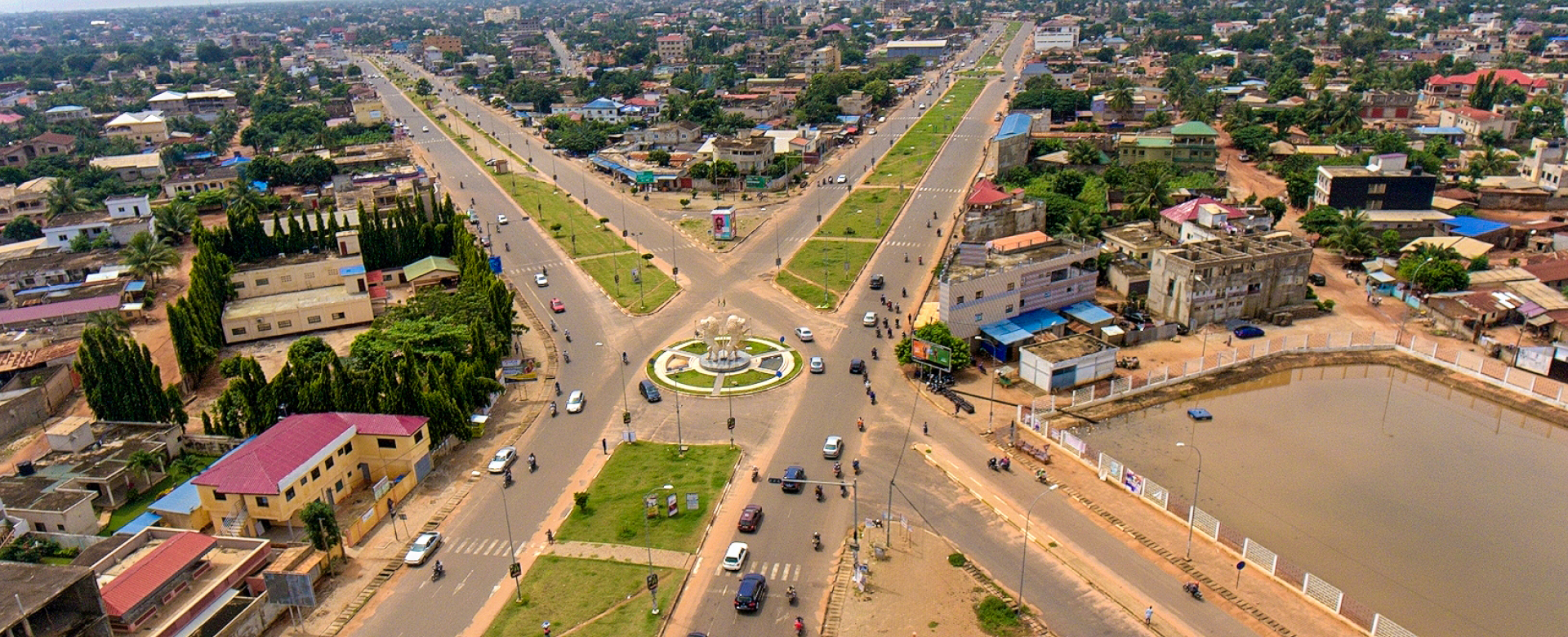
-
The Area
Togo is a small West African country bordered by Ghana to the west, Benin to the east, Burkina Faso to the north, and the Atlantic Ocean to the south. It covers an area of about 56,785 square kilometers, with diverse landscapes ranging from coastal beaches and lagoons in the south to rolling hills and savannas in the north. The country is divided into five main regions: Maritime, Plateaux, Centrale, Kara, and Savanes.
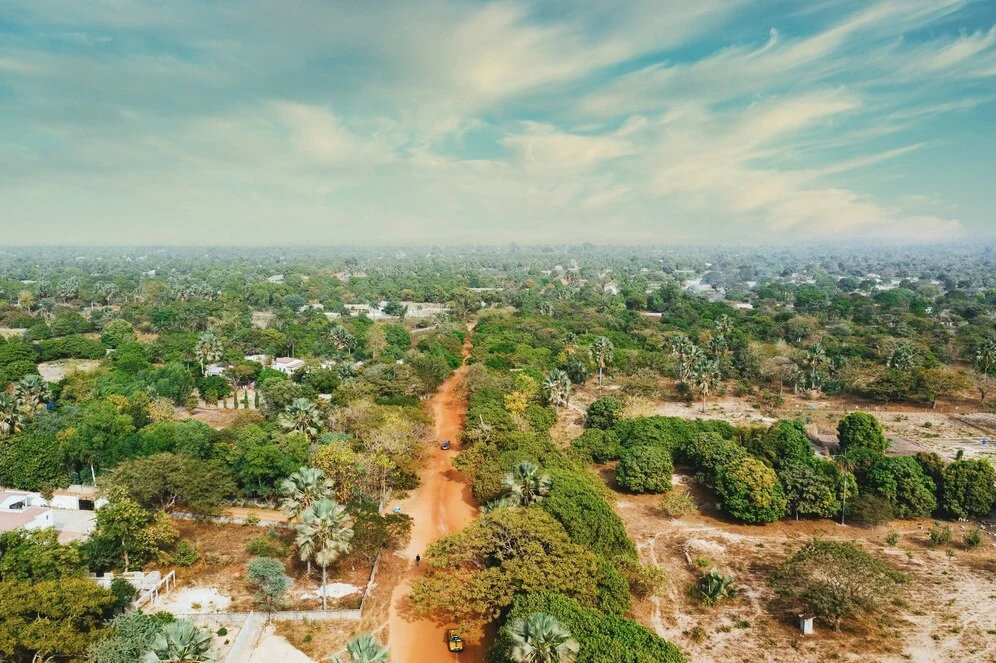
Togo, the Green Heart of West Africa
Discover the richness of Togo through three major national days highlighting the country’s culture, economy, and innovation
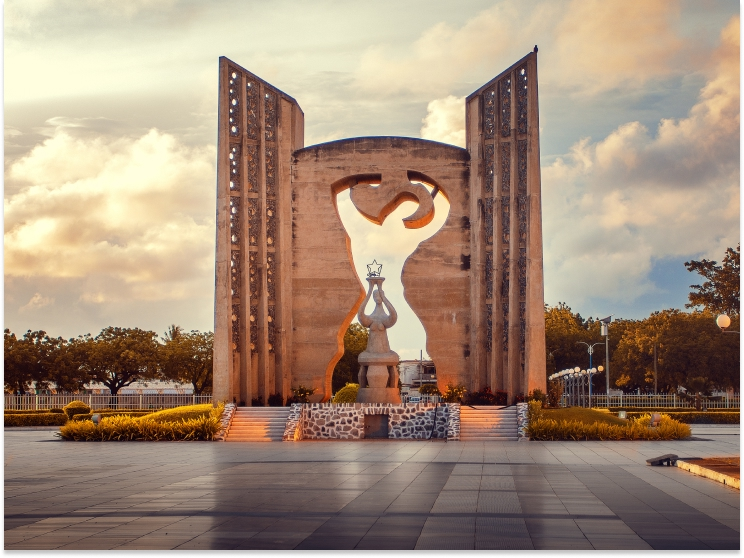
April 27, 1960
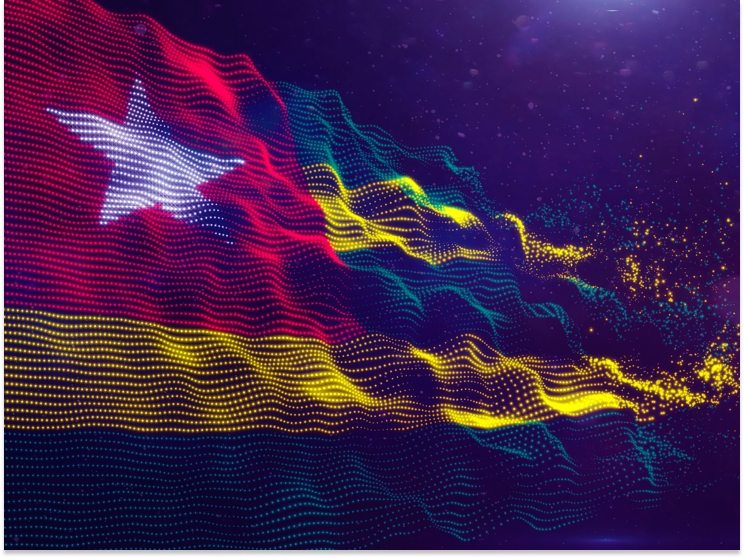
Motto
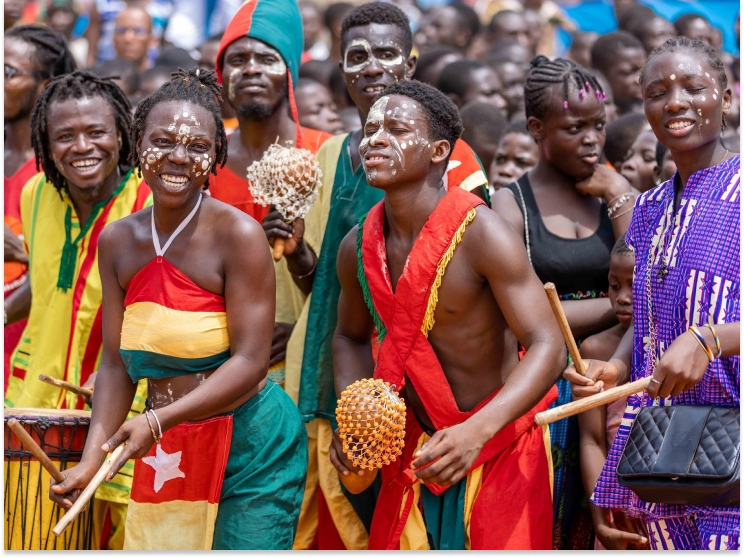
Official languages
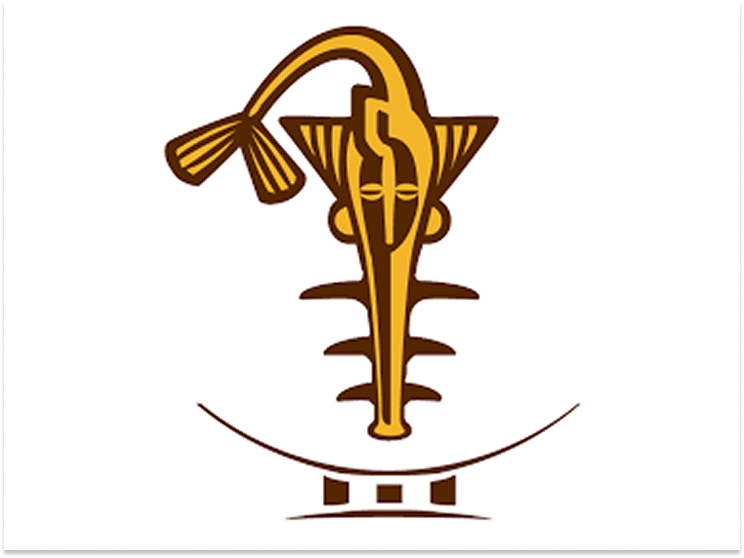
Currency
TheTourism
The country offers a range of accommodations to suit all preferences — from modern hotels in Lomé, like Hôtel 2 Février, Onomo, and the iconic Hotel Sarakawa, known for its beachfront location and lush gardens, to cozy eco-lodges in rural areas. These establishments provide both comfort and a welcoming atmosphere. Tourism in Togo combines nature, crafts, gastronomy, and cultural heritage, making it an ideal destination for both relaxation and discovery.
